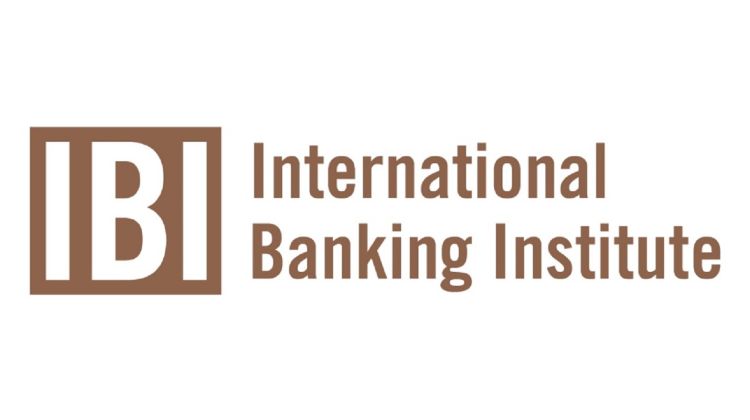International Banking Institute celebrates 25 years

Director of the International Banking Institute (IBI), Professor Kevin Keasey looks back at the last 25 years as he shares his Silver Jubilee update for the IBI website.
“Welcome to the Silver Jubilee (25 years) update of the International Banking Institute (IBI) website, formerly known as the International Institute for Banking and Financial Services (IIBFS). During this time, we have enjoyed and benefited from many members of staff. We have also experienced large changes in our research topics and overall focus. None of this should be surprising given the significant changes we have seen in financial services, the economy, and universities over the past 25 years. This new website is a celebration of the successes we have witnessed and a discussion of what we are planning to achieve over the next five years.
IBI has a long history dating back to 1997 when the International Institute for Banking and Financial Services obtained substantial sponsorship from the financial industry to develop a research unit focusing on issues confronting the sector. We are heavily indebted to the Halifax bank, BT, Unisys and Wang Global whose funding enabled IBI to explore and investigate in detail some of the key issues facing financial services at the time. In the late 1990s, the banking industry was facing rapid technological change from the start of the online revolution, players in the sector were reconfiguring via mergers and regulation was struggling to keep pace with the waves of change washing across the sector. It was an exciting time for the sector, and it was inspiring to be part of the change taking place. We were privileged not just to be researchers of change but to be actively encouraged by our sponsors to help them develop some key changes. Not surprisingly, therefore, for the first 12 years of its life, the primary foci of IBI were strategy, technology, and regulation. During this initial phase of the IBI, we had lots of researchers, and our own in-house financial journalist and we were closely involved with the industry – I seem to remember writing endless industry reports, attending many industry functions in London, Leeds, and Edinburgh, and being a guest at many sporting events. While there are many entertainment highlights of this period, the one that sticks in my memory was a weekend of financial services racing at Cowes on the BT Round the World yachts – happy days!
It will come as no surprise that everything changed with the Global Financial Crisis (GFC) of 2007. The subjects of risk, systemic risk, governance (in its many guises), capital adequacy and bank failure became the staple fare of IBI. In addition, we changed our focus to the academic sphere.
The strength of any academic unit is down to the quality of the staff it is able to attract and retain. To be successful, the environment needs to be warm, supportive, ambitious, and not short-term in focus – academia is a long game in every sense. Throughout our 25-year existence, we have welcomed many staff and supported them through their career development. We have always endeavoured to be an incubator of talent, with a mixture of experience and youth.
This second phase of IBI saw us cementing our academic focus on highly successful teaching programmes, a stream of high-quality PhDs and a whole range of academic outputs. This focus has not, however, been without cost. The pivot from a heavy focus and involvement with the financial services sector to a very academic focus has meant that the former has been somewhat neglected.
With the above in mind, IBI is entering its third phase in its Silver Jubilee year. Here we see a balance of the first two phases – an academic focus but with strong industry connections. The pendulum had to swing from industry to academia given what was happening in the sector and the new demands of academia. However, we are seeing a new focus on Research Impact in academia and on greater connections between our teaching programmes and what the sector needs.
In this new phase, we will further develop connections with the financial services sector and place IBI at the centre of both industry and academic networks. This will be a key focus and will build on the strengths we have built internally and externally over the past 25 years.
While we of course hope to convey the successes of IBI, we also hope to show that IBI has always been and will continue to be a fantastic place to work, a place to make friends and share a coffee. Academic life is about having the time, space, and environment to share interesting conversations – we believe IBI has always been such a place and will continue to be so.”




